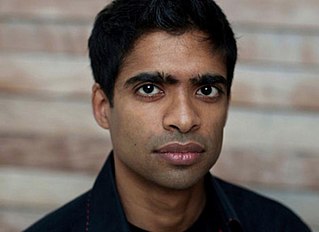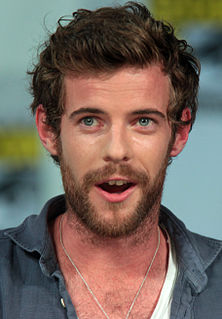A Quote by Julia Holter
You don't have to know about 'Hippolytus' to listen to 'Tragedy.'
Related Quotes
I wish i could tell you that through the tragedy i mined some undiscovered, life-altering absolute that i could pass on to you.I didn't.The cliches apply-people are what count,life is precious,materialism is over rated, and the little things matter,live in the moment-and i can repeat them to you ad nauseam.you might listen, but you won't internalize.Tragedy hammers it hm.Tragedy etches into your soul.You might not be happier.But you will be better.
As I listen to the silence, I learn that my feelings about art and my feelings about the Creator of the Universe are inseparable. To try to talk about art and about Christianity is for me one and the same thing, and it means attempting to share the meaning of my life, what gives it, for me, its tragedy and its glory.
Unless you listen, people are weazened in your presence; they become about a third of themselves. Unless you listen, you can't know anybody. Oh, you will know facts and what is in the newspapers and all of history, perhaps, but you will not know one single person. You know, I have come to think listening is love, that's what it really is.
I don't come from a film background. I haven't learned anything about films or film-making. But I have a thirst to know everything about my profession. I want to learn about cinematography, about editing, about music recordings, about post-production. So when people in the know talk, I willingly listen.




































